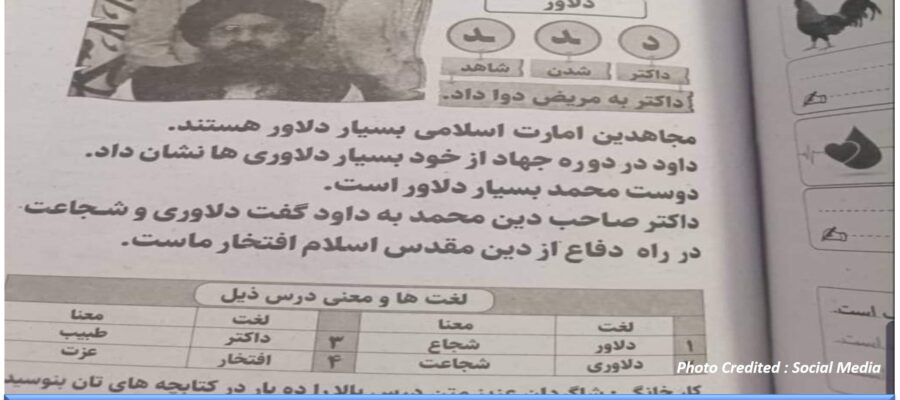The Taliban has intensified its efforts to eradicate secular education in Afghanistan. In recent weeks, the group has ordered the closure of all teacher-training centers, banned women from attending university, and restricted girls’ access to education beyond the sixth grade. These measures are part of the Taliban’s broader campaign to impose its own strict interpretation of Islamic law on the country.
The closure of teacher-training centers will deprive thousands of teachers of their jobs and make it more difficult to train new teachers. The ban on women attending university will deny women access to higher education, which is essential for their economic and social empowerment. And the restrictions on girls’ education will prevent millions of girls from getting an education, which will have a devastating impact on their future prospects.
The Taliban’s efforts to eradicate secular education are a major setback for Afghanistan’s development. Education is essential for economic growth, social progress, and peacebuilding. By denying Afghans access to education, the Taliban is undermining the country’s future.
The Impact of the Taliban’s Education Policies
The Taliban’s education policies have had a devastating impact on Afghans, particularly women and girls. The closure of schools has deprived millions of children of their education, and the ban on women attending university has denied women access to higher education. This has had a negative impact on the economy, as women are now less able to participate in the workforce.
The Taliban’s education policies have also led to an increase in child labor. Many children who are unable to attend school are now forced to work to support their families. This has a negative impact on their health and well-being, and it also prevents them from developing their skills and talents.
The Future of Education in Afghanistan
The future of education in Afghanistan is uncertain. The Taliban has shown no signs of reversing its education policies, and it is unclear how the international community will respond. However, it is clear that the Taliban’s education policies are a major obstacle to Afghanistan’s development.
The international community must do everything it can to help Afghanistan overcome the education crisis. This includes providing financial and technical assistance to help Afghanistan rebuild its education system and working to pressure the Taliban to reverse its ban on women’s education.
The future of Afghanistan depends on its ability to provide its citizens with access to education. The international community must do everything it can to help Afghanistan overcome the education crisis and build a more prosperous and peaceful future for its people.




